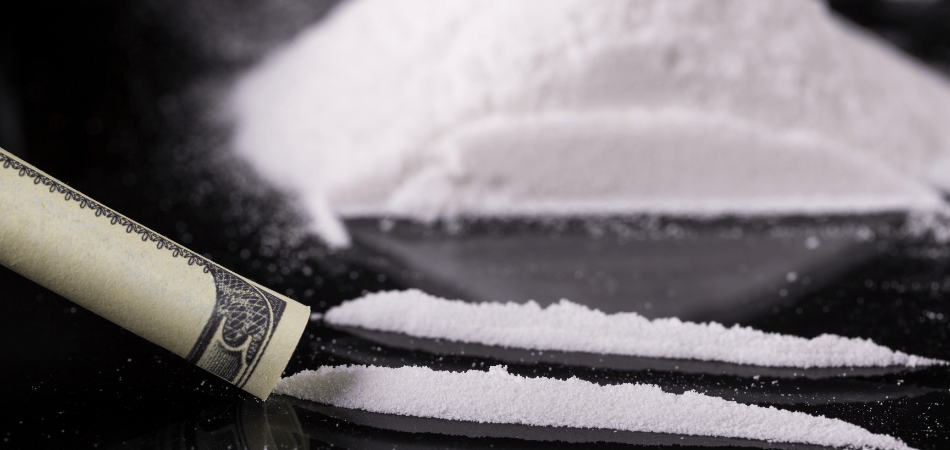Last Updated:
February 14th, 2025
Cocaine addiction
Cocaine in the UK
A recent study reveals that 2.7% of British adults, roughly one in 40 people, use cocaine, marking the UK as the highest consumer of the drug in Europe, second only to Australia. This alarming statistic highlights a growing concern that stretches far beyond recreational use.
As usage rates rise, so too does the potential for addiction and a whole range of negative outcomes. The broader impact of this trend is a stark reminder of the ongoing drug crisis across the country.

Why is cocaine frequently used in the UK?
Much of the frequent cocaine use in the UK has been linked to the country’s heavy drinking culture. It’s been reported that many users turn to cocaine because it can dampen the effects of alcohol, allowing them to drink more without feeling as drunk.
But, there are other factors contributing to its rise. Drug gangs from South America and beyond have developed more sophisticated methods of smuggling the drug into the UK, leading to a higher supply.
With more cocaine entering the country, prices have dropped from $178 per gram (around £135 at the time of writing) to $110 (around £83 at the time of writing) according to Statista. While still expensive, this reduction allows more frequent use among those who could already afford it.






